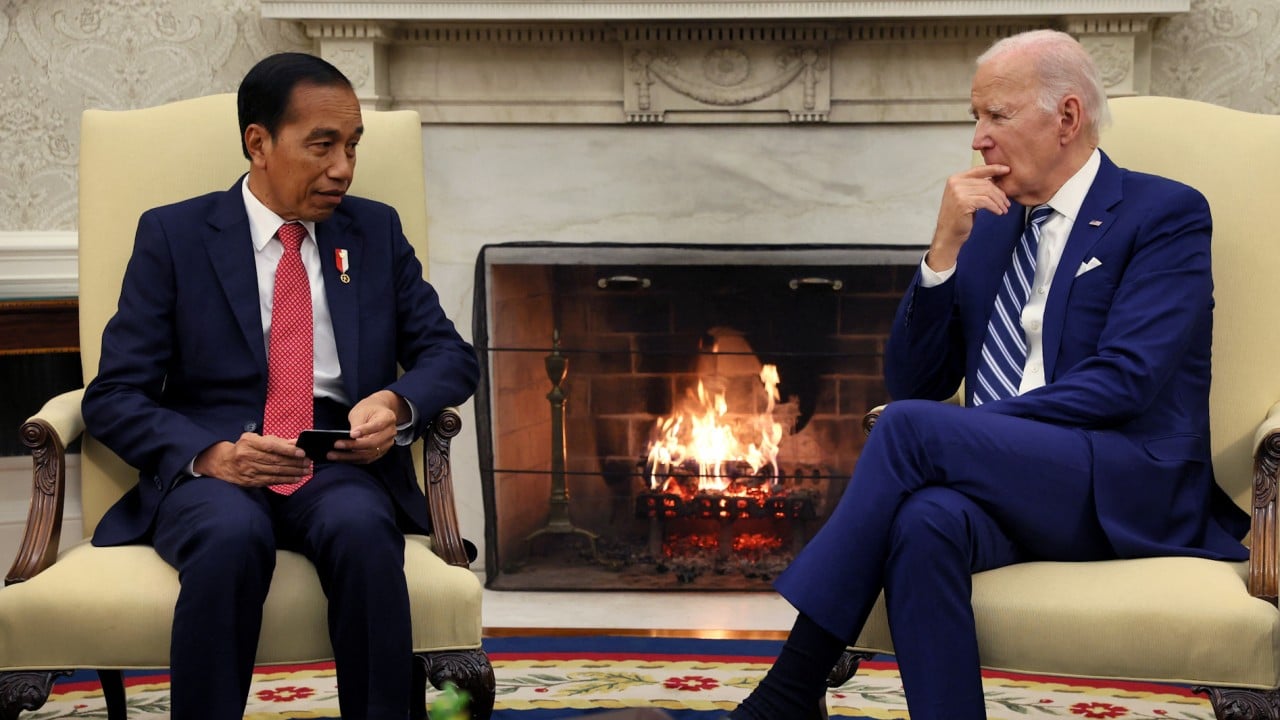
‘Trust, but verify’: Joe Biden’s tough but pragmatic stance offers hope for US-China ties ahead of Xi Jinping meeting
- While US president remains critical of Beijing, his recent comments suggest the two sides can still find common ground
- American leader reveals details of personal dealings with Chinese counterpart, highlighting their bond while deflecting criticism about foreign policy
“‘Trust, but verify’ is the phrase,” he said, invoking the famous dictum that former president Ronald Reagan used in dealing with the Soviet Union at the height of the Cold War.
Apec summit: risks of upset to ‘fragile stability’ as Xi, Biden prepare to meet
But what made Biden’s remarks stand out was not the criticism, which was not much different from other US politicians, but the details he revealed about his personal dealings with Xi, which served to highlight their personal bond while deflecting criticism about his weak leadership on foreign policy.
“The fact is that I have met with Xi Jinping more than any other world leader has,” Biden said, adding that since his time as US vice-president, he had held over 68 hours of private meetings with Xi and they had travelled “17,000 miles” together.
“When we put together the deal, I was asked by Xi Jinping were we just trying to surround China. I said, ‘No, we’re not surrounding China.’ We’re just making sure that the sea lanes remain open,” he said.
Biden did not say how Xi responded.
Given the glaring trust deficit between the rival powers in the absence of any official military-to-military dialogue, Washington’s repeated reassurances that it does not seek to contain or enter into a new cold war with China have done little to ease mutual hostility.
The potential consequences of the Xi-Biden summit in California are much weightier than those of their talks in Bali. The two leaders must not only take stock of what has happened over the past year but also look at what lies ahead next year.
In short, they will need to look beyond the San Francisco encounter and come up with an enforceable mechanism that can help the world steer clear of an unintended crisis over the next few months.
“Trust, but verify” would be a good start, as it suggests that both agreement and verification are still possible. As responsible global powers, Beijing and Washington will need to show they can find common ground and reach agreements on how to reduce risk.


